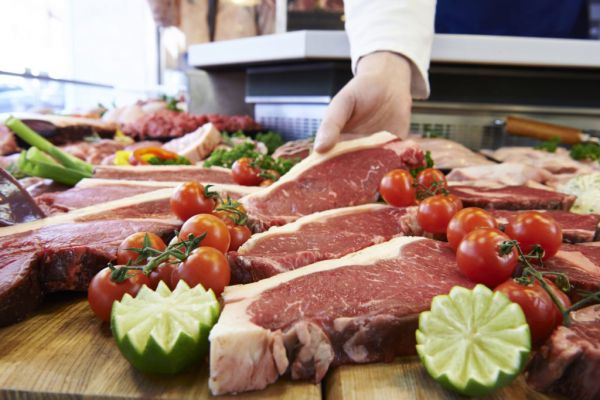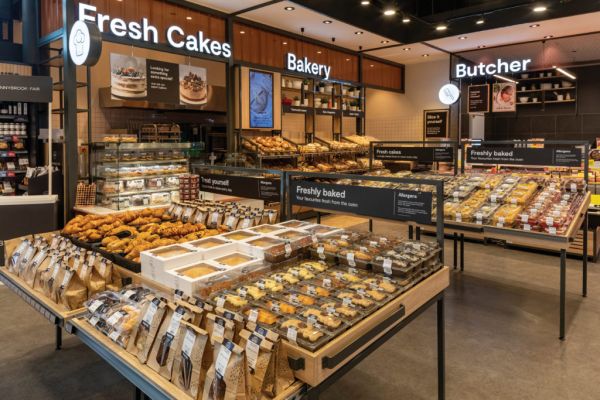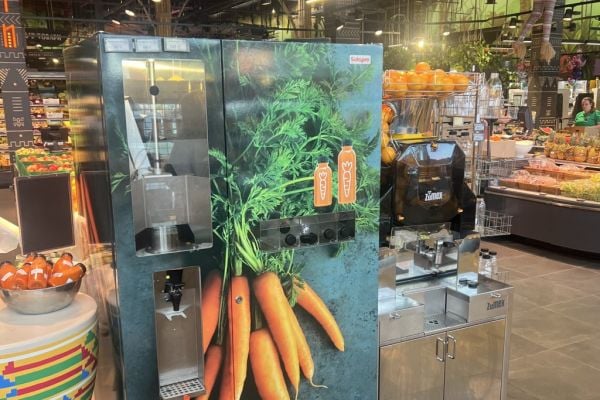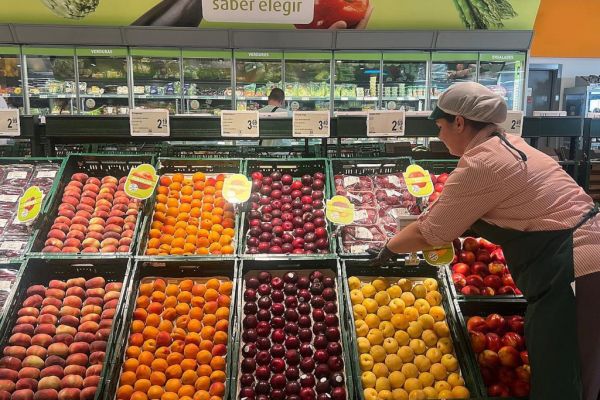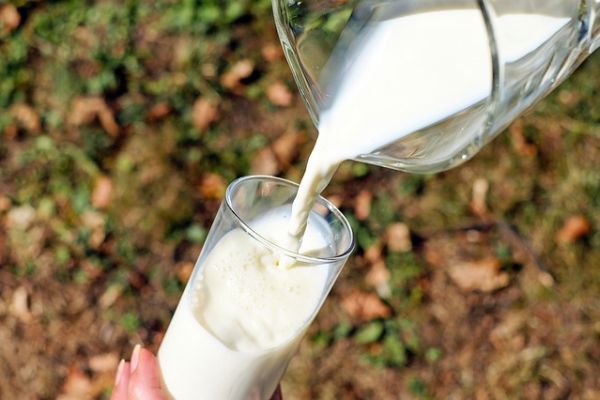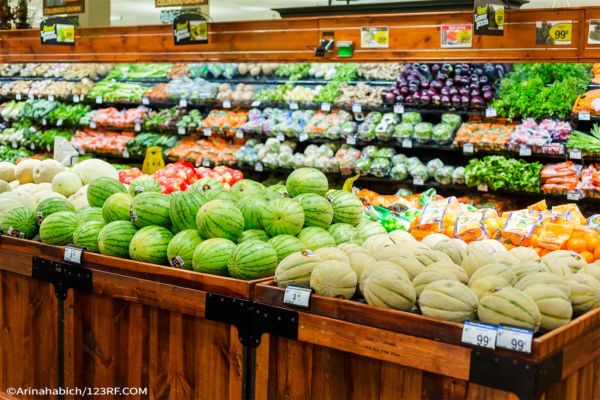While the Meat industry has faced its challenges in recent years, the COVID-19 pandemic has put the spotlight on the sector like never before. This article is for Premium and Premium Plus subscribers only.
Any food business is only as strong as the weakest link in its supply chain, and following the news that several meat processing facilities have reported 'cluster' outbreaks of coronavirus in recent months, the spotlight is very much on what the sector can do to better protect its employees, as well as rebuild consumer trust.
While the number of affected plants comparative to the extent of the meat processing industry remains minuscule, the negative publicity such outbreaks have generated has not gone down well with industry representative groups.
"It comes down to the internal organisation of how companies are managed," says Paolo Patruno, deputy secretary general of CLITRAVI, a group that represents the interests of around 30,000 meat processing firms at a European level. "The majority of companies were able to isolate any outbreaks and keep them outside of their production facilities.”
While he accepts that discrepancies did, and in some cases still do exist, Patruno believes that a negative focus was placed on the meat processing sector during the crisis – other sectors, such as fruit and vegetable or dairy processing also saw outbreaks, which garnered far fewer column inches.
"At times it seemed like they were taking the opportunity to blame the meat industry, when 99.9% of companies were exceeding expectations in terms of health and safety," he says.
Logistics Issues
Prior to COVID-19, the meat processing sector had already got off to a shaky start this year, impacted by an outbreak of swine flu in China, as well as an increase in the price of raw materials. To put it mildly, the coronavirus pandemic, therefore, came at an unwelcome time. But the sector was ready.
"Even before the coronavirus crisis, our companies implemented very strict protocols when it came to hygiene," says Patruno.
"Due to these strict protocols, it was not that difficult to increase the level of safety inside the plants. However there were other issues, common to other sectors, such as the availability of face masks and protective equipment."
The early establishment of 'Green Lanes' for food and beverage products helped give assurances to the sector – deemed an 'essential service' – that it would be able to continue to trade successfully, however the closure of the HoReCa sector in most European markets presented another hurdle.
"The fresh meat sector suffered a little bit more, because supermarkets were not able to account for the loss in sales from foodservice," says Patruno. "With processed meat, the situation was a little bit better, as there was a drop in the foodservice channel but also a sizeable increase in retail.
"We were able to adapt the supply chain as the situation continued. I must say our members were very flexible in that regard."
Within production facilities themselves – notwithstanding the negative headlines associated with isolated cases – protective measures implemented have included widespread distribution of face masks, gloves and other protective equipment, employee testing measures, staggered start, break and finish times, the introduction of outdoor break rooms, the installation of barriers between workers, and where possible reducing the rate at which carcasses are processed.
Outside of meat processing facilities, strong local surveillance systems have similarly been rolled out, including working with public health services and health and safety bodies on testing, contact tracing and isolation – indeed, in these challenging times, food processors should be seen to be working over and above what is expected of them.
Plant-Based Push
Of course, the COVID-19 pandemic isn't the only area of concern for the meat industry, with the embrace of plant-based and meat alternative products presenting potential medium to longer-term challenges. This also appears to be gaining traction with governmental bodies, as well as in Brussels.
In its recently unveiled Farm To Fork strategy, the European Commission explicitly advocated reduced consumption of meat, saying, 'Moving to a more plant-based diet with less red and processed meat and with more fruits and vegetables will reduce not only risks of life-threatening diseases, but also the environmental impact of the food system.'
If ever there was a moment for the meat industry to re-evaluate and reconfigure, now is the time.
Meat The Facts
The establishment of the Meat the Facts website (meatthefacts.eu), an initiative by European Livestock Voice, encompassing CLITRAVI as well as farming, processing and other representative groups from across Europe, is seeking to change perceptions of the trade.
As the company's manifesto points out, the livestock sector is 'at the epicentre' of public debate in Europe and further afield.
'With these debates come many myths and stereotypes, and they portray a picture that is in stark contrast with the reality experienced by farmers and professionals on ground,' it reads. 'This situation is dangerous as the EU livestock farming model will face tremendous challenges to ensure economic viability, generational renewal and adaptation to societal and environmental demands.'
It has called on the European Commission to take into account the value of the livestock chain into account, while also seeking to tackle issues relating to the trade – such as the purported link between food production and COVID-19, a suggested 'tax' on meat products by the Dutch TAPP coalition, and of course the aforementioned Farm to Fork strategy.
"We were a little bit unhappy with the Farm to Fork approach," says Patruno. "We expected a little bit more ambition on the part of the European Commission. We all want the same thing – we want a more sustainable livestock chain – but this needs to start with realistic targets. The approach seems to encourage those in the plant-based sector, without any real innovation to improve the livestock sector."
European Livestock Voice also seeks to highlight the detrimental effect that an exit from livestock farming – a 'Livestock Exit' – would have on the European economy, as well as the positive role that farming has on ensuring a supply of natural, nutritious foods to the continent – rather than just labelling animal proteins as ‘bad’ and plant proteins as ‘good’.
"We are engaging in dialogue with the European Commission to say we're ready to commit to a more sustainable livestock chain," says Patruno. "The Commission acknowledges that a divisive debate doesn't work, so we are confident that a new approach is possible."
For more information on the European Livestock Voice initaitive, visit www.meatthefacts.eu
© 2020 European Supermarket Magazine – your source for the latest retail news. Article by Stephen Wynne-Jones. Click subscribe to sign up to ESM: The European Supermarket Magazine.
